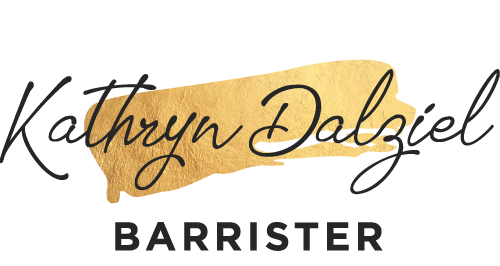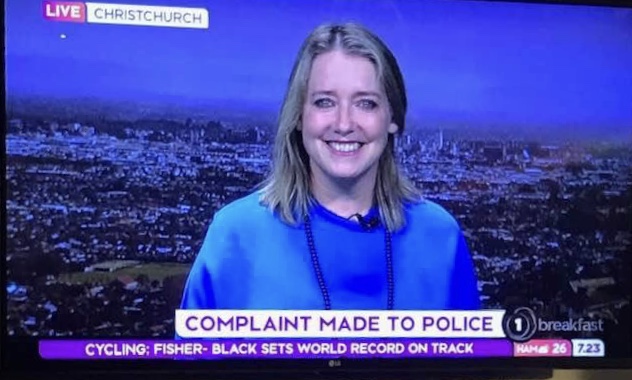It has been reported in New Zealand that a hidden spycam has been found in an Airbnb. The reports say that a bridal party had rented an Airbnb and a camera was apparently found in a lightbulb located in the kitchen.
This is not the first time this has happened. See: “Brit couple horrified to find spy cam in Toronto Airbnb unit; and “Shocked couple finds hidden Airbnb spy camera pointed at their bed”
Unsurprisingly, people don’t like being videoed without their permission and the law doesn’t like it either. In New Zealand there are many avenues of redress if you find your Airbnb is not the private getaway that you had hoped for.
Starting with the Crimes Act 1961, an Airbnb owner can be punished by up to 3 years imprisonment for making an intimate visual recording. This where a person A films person B in a private place, without person B’s knowledge or consent and person B is naked or has their genitals, pubic area, buttocks, or female breasts exposed, partially exposed, or clad solely in undergarments. It can also be when person B is engaged in an intimate sexual activity; or engaged in showering, toileting, or other personal bodily activity that involves dressing or undressing.
In 2017, the so-called “Grey Lynn Peeping Tom” was jailed for 3 years 6 months for surreptitiously filming women getting undressed or couples having sex. These activities amounted to making an intimate visual recording.
It is a separate criminal offence to publish or sell any such intimate visual recording. This could also amount to a harmful digital communication under the Harmful Digital Communications Act 2015.
If the Airbnb is using a listening device which records a private communication, then the Airbnb owner could be facing up to two years imprisonment for using an interception device in this way.
There is also the possibility this amounts to a criminal or civil harassment under the Harassment Act 1997. A criminal harassment is where the offender engages in a pattern of behaviour (a harassment) that the offender knows is likely to cause another to fear for their own safety. A civil harassment is where the harasser engages in a pattern of behaviour (also a harassment) that causes distress, threatens to cause distress or would cause distress to any reasonable person in the shoes of the person who is subject to the harassment.
An Airbnb owner covertly filming people using their Airbnb would be in breach of several of the principles in the Privacy Act 1993. They risk liability for significant humiliation and distress.
There are other avenues of redress. There is an area of law (Tort Law) that addresses civil wrongs which do not warrant the interest of the criminal law. A complainant could sue an Airbnb owner in trespass; breach of confidence; nuisance; and privacy.
There was a brief time in NZ law when photographing young women on a beach could amount to an indecent act. In 2016, a police officer caught a man (Mr Rowe) secretly taking photos of semi-clad teenage girls on the beach at Kaiteriteri. This man’s property was searched, and he was found to have three electronic devices containing many pictures of young girls on the devices. The pictures were not objectionable under the Films, Videos, and Publications Classification Act 1993 so he was charged and convicted of committing an indecent act with intent to insult. This was upheld by the Court of Appeal however the Supreme Court overturned the decision because the Court found that taking photos could not amount to an indecent act, despite any prurient interest.
See my discussion on TVNZ this morning:
or listen to my discussion on NewstalkZB:

